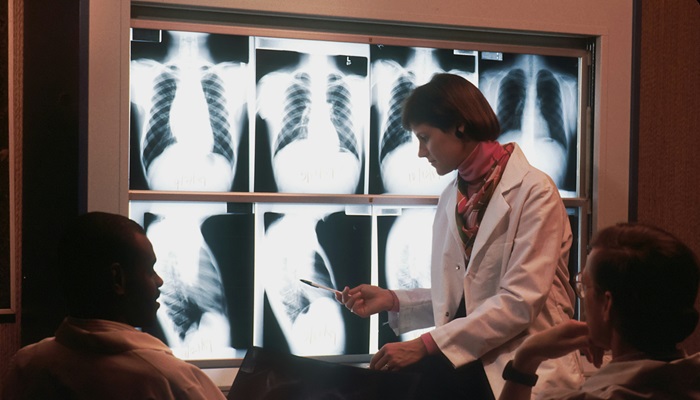The field of cancer treatment is constantly evolving, with new advancements and discoveries being made every day. As a healthcare professional in this field, it is essential to continuously develop your skills and knowledge to keep up with these changes. This is where training resources come into play. In this guide, we will explore the essential training resources that can help you advance your career in cancer treatment. These resources not only provide valuable knowledge but also offer opportunities for networking and skill development. Whether you are just starting your career or looking to take the next step, these resources will be invaluable in helping you achieve your goals.
Why Continuous Training is Essential in the Field of Cancer Treatment?
Continuous training is essential in the field of cancer treatment because it allows healthcare professionals to stay updated with the latest advancements and techniques. As new treatments and technologies emerge, professionals need to have a thorough understanding of them in order to provide the best care for their patients. Continuous training also helps in developing critical thinking skills and staying up-to-date with industry standards and guidelines. Moreover, by attending training sessions or workshops, healthcare professionals can network with other experts in the field and exchange knowledge and experiences, leading to further growth and development. In such a dynamic field as cancer treatment, continuous training is necessary for career advancement and providing quality care to patients.
Conferences, Workshops, and Seminars
Attending conferences, workshops, and seminars is a great way for healthcare professionals to stay updated on the latest trends and advancements in cancer treatment. These events not only offer valuable learning opportunities but also provide a platform for networking with other experts in the field. Conferences designed for oncologists unite leading researchers, practitioners, and industry experts to exchange their knowledge and expertise. Workshops and seminars also offer hands-on training experiences that can enhance practical skills needed for effective cancer treatment. These events often feature keynote speakers who are renowned in the field, providing insights and inspiration for career growth and development.
Top Organizations and Institutions Offering Cancer Treatment Training Programs
There are several organizations and institutions that offer training programs specifically designed for professionals in the field of cancer treatment. The National Comprehensive Cancer Network (NCCN) offers a variety of educational resources, including conferences, webinars, and online courses focused on various aspects of cancer care. The American Society of Clinical Oncology (ASCO) also provides training opportunities through their meetings, workshops, and symposiums. Additionally, institutions such as Memorial Sloan Kettering Cancer Center and MD Anderson Cancer Center offer fellowship programs for physicians who wish to specialize in oncology. These training programs provide a comprehensive curriculum covering all aspects of cancer treatment, from diagnosis to survivorship, and are highly respected in the industry.
Online Courses
Online courses have become increasingly popular in recent years, and they are a convenient option for healthcare professionals looking to advance their careers in cancer treatment. Online courses offer the flexibility to study at your own pace and from the comfort of your own home. This is especially beneficial for those who may not have the time or resources to attend conferences or workshops in person. Many reputable institutions and organizations now offer online training programs specifically tailored for professionals in the field of cancer treatment. These courses cover a wide range of topics, from basic principles to advanced techniques, allowing participants to gain valuable knowledge and skills while balancing their work schedules.
The Role of Mentorship in Career Advancement in Cancer Treatment
Having a mentor who is experienced and knowledgeable in the field can provide valuable guidance, support, and career advice. A mentor can also help identify areas for improvement and offer opportunities for growth and development. In the dynamic field of cancer treatment, having a mentor can be especially beneficial, as they can share their experiences and insights on new treatments and technologies. Mentors can also introduce mentees to new networking opportunities, allowing them to expand their professional connections within the industry.
Self-study and self-evaluation are important components for career advancement in cancer treatment. Keeping up with current literature, research studies, and industry news can help healthcare professionals stay informed about new developments and advancements in the field. It is also important to regularly evaluate one’s own skills and knowledge, identifying areas that require improvement or further development. This can be done through self-assessment exercises or seeking feedback from colleagues or mentors.
Continuous training is crucial for career advancement in cancer treatment. Attending conferences, workshops, seminars, online courses, and seeking mentorship are valuable for enhancing skills. By evaluating progress and staying updated with industry advancements, healthcare professionals can provide the best care for patients while advancing their careers.


















